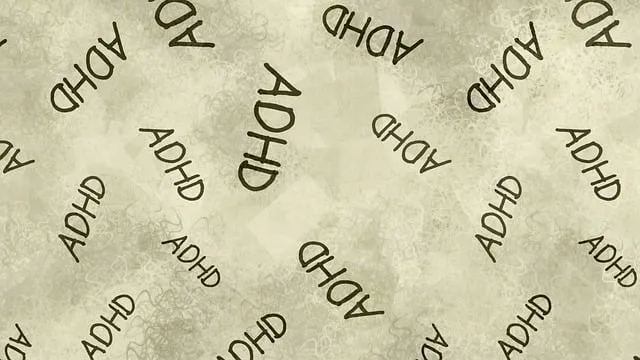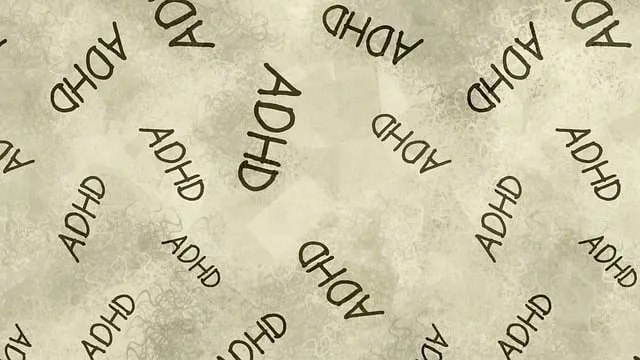The Kaiser Permanente behavioral health center Louisville emphasizes the importance of coping skills development as a cornerstone of therapy, offering personalized strategies like social skills training, mood management through cognitive-behavioral therapy and mindfulness, and conflict resolution techniques. Their comprehensive approaches aim to promote personal growth, community integration, and improved overall well-being. Effective coping strategies reduce symptoms of stress, anxiety, and depression, foster resilience, and support stigma reduction in mental health discussions.
Coping skills are essential tools for navigating life’s challenges. This article explores the significance of coping mechanisms in maintaining mental well-being, highlighting effective strategies developed at the Kaiser Permanente Behavioral Health Center Louisville. Discover how these techniques enhance resilience, promote positive daily living, and provide a robust framework for managing stress and adversity. Learn from the expert insights offered by this leading behavioral health center to empower yourself on your journey towards improved mental health.
- Understanding Coping Skills and Their Significance
- Strategies for Effective Coping Skills Development at Kaiser Permanente Behavioral Health Center Louisville
- The Impact of Coping Skills on Mental Well-being and Daily Life
Understanding Coping Skills and Their Significance

Coping skills are adaptive behaviors and mental strategies that help individuals navigate life’s challenges, manage stress, and maintain their emotional balance. These skills are essential for overall well-being, enabling people to cope with difficult situations, overcome obstacles, and enhance their resilience. At the Kaiser Permanente behavioral health center Louisville, we recognize that developing effective coping mechanisms is a cornerstone of mental wellness.
Our Mental Wellness Podcast Series Production often delves into various emotional healing processes, offering valuable insights and practical communication strategies. By understanding and cultivating these skills, individuals can improve their ability to deal with trauma, anxiety, depression, and other mental health concerns. This proactive approach not only empowers folks but also fosters a healthier and more fulfilling life, especially when combined with the support available at our Louisville behavioral health center.
Strategies for Effective Coping Skills Development at Kaiser Permanente Behavioral Health Center Louisville

At Kaiser Permanente Behavioral Health Center Louisville, coping skills development is a cornerstone of their therapeutic approach. The center offers a comprehensive range of strategies tailored to individuals’ unique needs, focusing on both personal growth and community integration. One key component is Social Skills Training, which equips clients with the ability to navigate social interactions with confidence, fostering meaningful connections and reducing feelings of isolation.
Additionally, the center emphasizes Mood Management techniques, empowering individuals to regulate their emotional states effectively. Through cognitive-behavioral therapy and mindfulness practices, clients learn to identify and challenge negative thought patterns, thereby improving their overall well-being. Furthermore, Conflict Resolution Techniques are taught, enabling individuals to handle interpersonal challenges constructively, whether at home or in the workplace. These skills not only promote peaceful relationships but also contribute to a more fulfilling and balanced life.
The Impact of Coping Skills on Mental Well-being and Daily Life

The development of coping skills is a powerful tool for enhancing mental well-being and navigating daily life challenges. According to research conducted by Kaiser Permanente behavioral health center Louisville, effective coping strategies can significantly reduce symptoms of stress, anxiety, and depression. By equipping individuals with healthy coping mechanisms, they gain better control over their emotional responses, enabling them to face difficult situations head-on. This proactive approach not only improves overall mental resilience but also fosters a sense of empowerment and self-efficacy.
Moreover, integrating coping skills into daily routines can mitigate the negative impact of mental illness stigma reduction efforts. By empowering individuals with tools to manage their emotional well-being, the risk assessment for mental health professionals becomes less daunting. This, in turn, encourages more people to seek support without fear of judgment, creating a supportive environment conducive to open discussions about mental health.
Coping skills, a cornerstone of mental well-being, are essential for navigating life’s challenges. The Kaiser Permanente Behavioral Health Center Louisville has pioneered effective strategies for their development, significantly enhancing patients’ daily lives and overall mental health. By understanding coping mechanisms and their profound impact, individuals can empower themselves to face obstacles head-on, fostering resilience and a sense of control. This article highlights the importance of these skills in managing stress, anxiety, and depression, ultimately advocating for a holistic approach to mental wellness.






